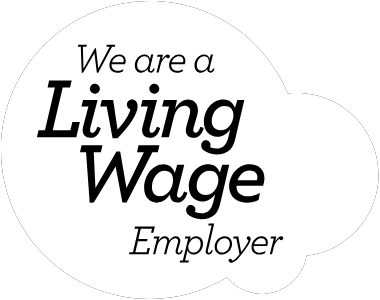Everyone has heard of UNFCCC, but who has heard of the Convention on Biological Diversity? And is the private sector able to offer more hope when it comes to saving species? We look at some of the measures companies are taking to tackle the extinction crisis.
The climate change crisis and how to solve it has been front and centre of everyone’s minds, particularly after COP26. Businesses around the world have been working out exactly what the Glasgow Climate Pact means for them. But another UN conference took place just before COP26 – it was equally as important but attracted very little attention.
The Convention on Biological Diversity (CBD) runs along the same lines as the more famous Convention on Climate Change, but it focuses on conserving biodiversity. The international treaty addresses all threats to biodiversity and ecosystem services, including the dangers posed by climate change.
We have heard a lot about the consequences we all face if we do not cut greenhouse gas emissions and limit ourselves to a 1.5C rise in global temperatures. But we have heard much less about how the extinction crisis will affect us.
The 2020 Living Planet Index shows that populations of monitored mammals, birds, reptiles, amphibians and fish have, on average, dropped by more than two-thirds in just over 45 years. As Director General of WWF International Marco Lambertini says, “our planet is flashing red warning signs of vital natural systems failure”.
Treating these two global emergencies – climate change and biodiversity loss – as separate problems is ineffectual and only makes the situation worse, according to prominent scientists. A study led by the Zoological Society of London calls for urgent action to align the climate and biodiversity agendas.
Things are starting to move in the right direction. At the CBD conference in October 2021, parties adopted the Kunming Declaration, which commits them to developing, adopting and implementing a post-2020 global biodiversity framework. By 2030, this would see biodiversity put on the path to recovery and by 2050 we would be “living in harmony with nature”.
There is certainly plenty of recovery to be done. Year after year the International Union for Conservation of Nature (IUCN) releases its Red List of Threatened Species. And year after year the figures point to an extinction crisis, with one in four species now at risk of disappearing forever.
The list is far from complete, but the evidence scientists have collected so far speaks for itself: 41 per cent of amphibians are threatened with extinction, 26 per cent of mammals, 34 per cent of conifers, 37 per cent of sharks and rays, 21 per cent of reptiles, 63 per cent of cycads (palm-like trees). Across all areas of life, species are dying out. This means the ecosystems they support cannot function properly, which puts humans at risk as we are reliant on the ecosystem services, like fresh water, that nature provides.
While global biodiversity frameworks are one way to address the problem, they are not the be-all and end-all. The one which the CBD is working on now replaces the plan for the last decade, which missed all 20 targets. Can we find more hope in the work the private sector is doing to staunch the loss of biodiversity?
Citi’s recent report on biodiversity maintains that $44 trillion of economic value generation is either moderately or highly dependent on nature. Businesses can no longer afford to ignore the issue of biodiversity loss and many are beginning to realise this.
Last year, more than 30 financial institutions, including Citi, Credit Suisse, Barclays, UBS and NatWest Group, developed and tested a new online tool called ENCORE. Backed by UNEP, it is designed to let investment managers test their financial portfolios to see which investments are indirectly driving species loss and damaging the environment.
Companies themselves can now measure the impact they are having on nature with the Metta Standard. This process not only allows businesses to quantify their environmental footprints, but also provides a way to mitigate them, with the aim of achieving 100 per cent impact neutrality.
More funds focusing on climate change and biodiversity preservation are being launched, such as SWEN Capital Partners’ second European impact fund, Blue Ocean. Launched at the IUCN World Conservation Congress last year, its ambition is to raise €120 million to finance start-ups dedicated to ocean regeneration. It will focus on companies that find solutions to overfishing, ocean pollution and climate change, while delivering competitive market returns.
The Dasgupta Review, released by the UK government, argues that we need to change the way we measure economic success. Rather than focusing solely on financial results, we should also account for companies’ interactions with nature. In the review’s foreword David Attenborough writes: “We are stripping every part of both the land and sea in order to feed our ever-increasing numbers. We are destroying biodiversity…if we continue this damage, whole ecosystems will collapse. That is now a real risk.”
Human beings and the livestock we rear for food, he adds, make up 96 per cent of the mass of all mammals on the planet. This leaves just four per cent for everything else, from elephants to badgers, from moose to monkeys. And 70 per cent of all birds alive right now are poultry – mostly chickens for us to eat.
The global food system is one of the biggest drivers of biodiversity loss. Cutting down forests to make way for agricultural land causes the loss of thousands of species. Seventy-five per cent of tropical deforestation is carried out to produce just four commodities – cattle products, soybean, palm oil and forestry products.
Supermarkets like Sainsbury’s are trying to address this issue. Figures released from 2020/21 show that 92 per cent of its timber is sourced to an independent sustainability standard, 99.3 per cent of its palm oil is similarly sourced, as is 42 per cent of its soy. In all three cases, the target is 100 per cent, although there is no fixed timeline for this.
But it is not just businesses that supply food which need to act on biodiversity loss. All companies rely on nature in some way. French multinational utility company Engie believes that every public or private institution needs to play a role in preserving biodiversity.
In its biodiversity policy, Engie recognises that it relies on services provided by nature, such as the watercourses it uses for hydropower generation, but also that its activities can have an adverse effect on biodiversity. It is taking practical steps to avoid this, such as creating fish ways, eel ramps and even France’s first ever fish lift to allow species to move through its hydroelectric plants safely.
The message from the private sector is clear: they are doing their bit, but governments need to do more. An open letter from the Business for Nature coalition, which represents more than 1,000 businesses, warns heads of state that the post-2020 global biodiversity framework lacks the ambition and specificity required to drive the urgent action needed. It was signed by the chief executives of companies such as Unilever, H&M Group and Holcim. The question is, are governments listening?
Here at Wilful, we are supporting organisations leading the fight against biodiversity loss whilst demonstrating their role in the solution. The African Wildlife Foundation is one such client, bringing together interested investors in nature and experts for an event in London on March 22nd to explore the critical role businesses must play in protecting biodiversity across Africa. A moderated panel event will explore how business investments in Africa’s natural ‘infrastructure’ can save iconic species such as the mountain gorilla in Rwanda, restore habitats and protect vital ecosystems that underpin a prosperous future for people, wildlife and businesses alike.






